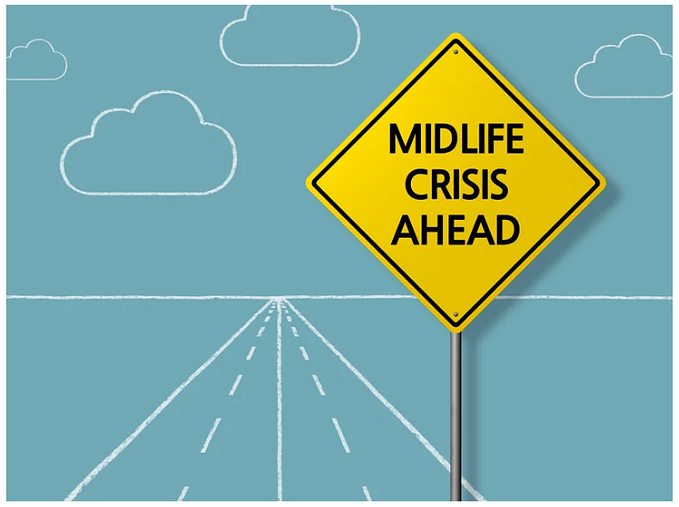Member-only story
I’m Not ‘Differently Abled.’ I’m Disabled.
‘Disabled’ isn’t a bad word — don’t be afraid to use it

 During a panel discussion on innovation in higher education, I listened while several professors took turns noting how online classes could help democratize universities and right all kinds of injustices.
During a panel discussion on innovation in higher education, I listened while several professors took turns noting how online classes could help democratize universities and right all kinds of injustices.
“Online classes can do so much to spread knowledge,” one panelist noted. “Even if you’re living in a very remote, rural area, you can still make it to class — provided your internet connection can handle it.”
“Online classrooms are also more international classrooms,” another person observed. “I have students in South Korea, Hawaii, and Ireland.”
After a few other people shared their experiences, I decided to share another example. “Online classes are also much easier for disabled students to attend. As long as your course materials are transcribed and all your images have captions, your online classroom can be really approachable to blind, Deaf, and paralyzed students.”
A few professors nodded, a few tensed up. One woman seemed particularly uncomfortable with my observation, though she broadcasted that discomfort in an overly pleasant, smiley way.
“Oh so true,” she said. “Just last year in our department we had one student, she was… she was a person with a hearing impairment. She worked so hard. She did as well as anyone else in that class. You wouldn’t have even guessed she was differently abled than anybody else.”
I knew this woman meant well, but I couldn’t help but cringe.
At least once a week, I’ll be talking with some otherwise well-informed, well-meaning social justice activist type about a pressing social issue — like transphobia, rape culture, or racism — and the time will come for me to casually remind them of how ableism intersects with the issue in various unique ways, and completely changes the dynamic of oppression.
I’ll mention, for example, how some transgender people can never access hormones or surgery because of a medical condition; how the struggle for women in wheelchairs to be perceived as a non-sexual being is sometimes an equally pressing problem as being objectified; how the risk of police brutality against Black people is…









